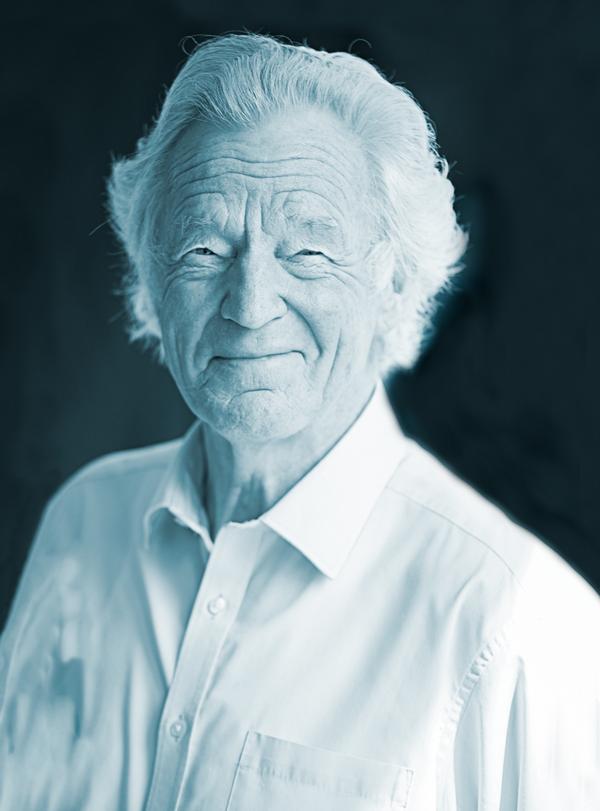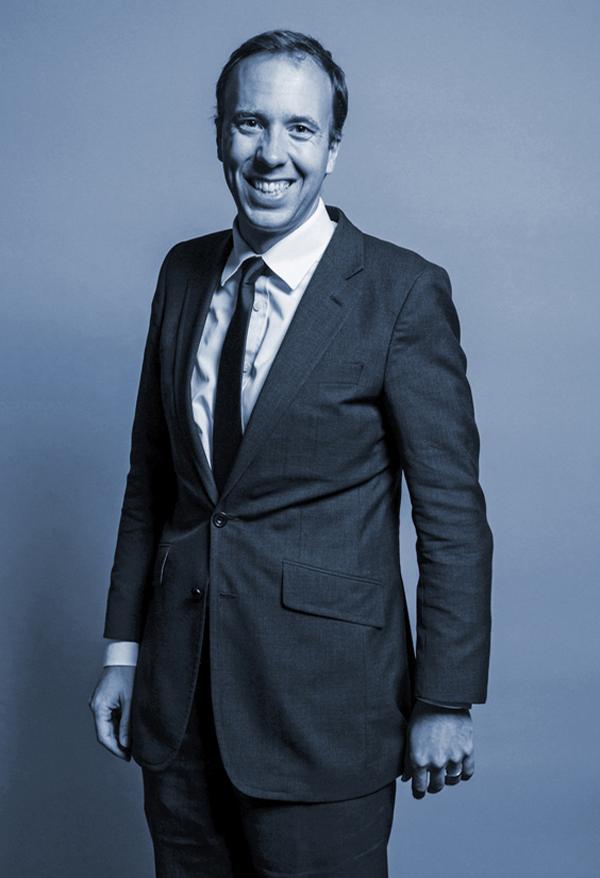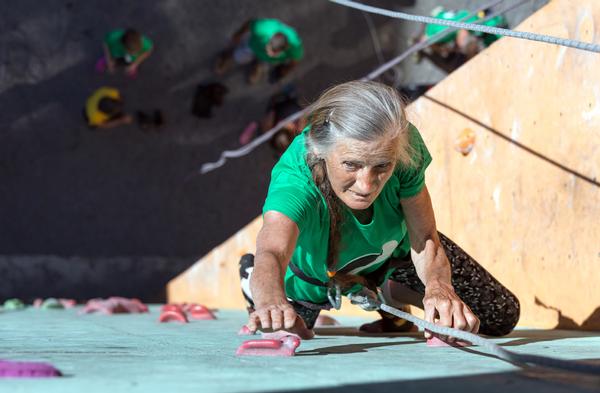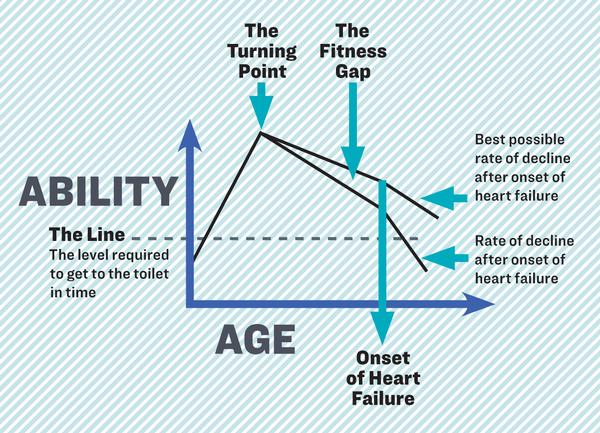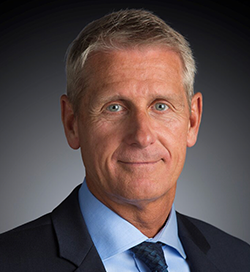features
Strategy: Prescribing activity
Linking fitness professionals to the NHS

There have been two revolutions in healthcare. The first in the 19th Century was the Public Health Revolution in which large-scale engineering of sewers and water systems – enabled by stable government and growing wealth – reduced mortality from the great epidemics that ravaged Europe.
The most feared were cholera and typhoid – and then came the clean water revolution as a solution.
The last 50 years have seen the second wave of change, the High Tech Revolution, in which developments such as MRI, transplantation, chemotherapy and joint replacement have transformed the health of individuals and populations, when delivered by well-organised services and funded by a growing economy.
However, at the end of this second revolution, we’re facing significant challenges, with rising demand and no parallel increase in finance.
Furthermore, we know that increases in life expectancy are stalling and that the gap in life expectancy between the wealthiest and most deprived subsections of society remains stubbornly wide.
Another challenge we face is population ageing, and there are great fears about the impact of this on individuals, their families, health and social care services and the economic wealth of nations.
However recent research has demonstrated that this fear is not based on evidence and that in fact disability, dementia and frailty can be prevented or delayed, providing we embrace the third healthcare revolution – the Activity Revolution.
COMBATTING THE NEW EPIDEMIC
Inactivity is a modern epidemic. Our bodies have evolved to be active, but we now live in an environment dominated by the car, the computer and the desk job.
Just as the clean water revolution required environmental and social change and also political support, so too does the third revolution. It’s now recognised that inactivity is a major preventable cause of our modern epidemics, where cancer, heart disease and type II diabetes have replaced cholera and typhoid.
Furthermore, we now know not only that activity can prevent many common diseases, but also that it can transform their treatment. It is – in the words of the Academy Medical Royal Colleges – “the miracle cure” and it’s been agreed that the NHS needs to promote activity therapy alongside drug therapy, operative therapy and psychological therapy.
THIRD healthcare revolution
Unlike the second healthcare revolution, activity therapy will not just be delivered by major hospitals and health centres. It will also harness the power of what has been called the third industrial revolution – namely citizens’ knowledge and the internet.
The real key to it is knowledge, and it’s clear that the public and many health service professionals are ignorant or muddled about the effects of ageing, loss of fitness and disease, and the great potential for prevention and treatment.
the impact of ageing
Ageing by itself isn’t a major cause of problems until people reach their mid-90s. It’s a normal biological process that reduces ability and resilience – namely the ability to respond to challenges. However, many people believe that the loss of physical capacity they experience from their 20s onwards is due to ageing, whereas it’s actually due to the modern epidemic – loss of fitness due to inactivity.
For most people, maximum ability starts to decline from their early 20s – usually when they get their first sitting job and car. A fitness gap then starts to open up between the best possible rate of decline and the actual rate of decline in their physical abilities and capacity.
For this reason loss of fitness and ageing are often confused. The picture becomes more complicated when disease occurs.
The impact of disease on fitness
About 40 per cent of 40-year-olds have one long term condition and a proportion have more than one. The proportion of people with long-term conditions then increases by approximately 10 per cent every decade.
However, this increase in disease is not only because of ageing but also as a result of being exposed to risks that are either environmental, social or personal, such as bad diet and sedentary behaviour.
What’s also emerging is the way loss of fitness complicates disease and accelerates increases in the fitness gap, in part because of the direct effect of that disease and the response to it in terms of treatment.
For example, the direct effect of a heart attack is on heart muscle, but it also increases risk for social reasons because other people, including professional carers and family, can assume that the onset of disease indicates the need for more “care” and less activity – whereas, scientifically, the opposite is what’s required.
This means negative beliefs and pessimistic attitudes towards health are the key factors complicating disease and loss of fitness, and these four factors relate – as shown in the diagram on the right.
Prescribing activity therapy
Of the 15 million people with long-term health conditions in the UK, about three million receive rehabilitation from highly skilled professionals. However, the remaining 13 million are simply given a pill, or a psychological intervention or some combination of the two.
What’s clear now is that all these people need activity therapy. Sometimes the activity therapy can replace the pill or psychological treatment, but often the two or three should be provided simultaneously.
Activity should be prescribed like a drug, not simply as an instruction, but as part of a process of information-giving, encouragement, facilitation and support.
We need to make use of the billions of interactions that people with long-term conditions have with doctors and nurses, health service staff and pharmacies, to keep nudging and encouraging them – but we also clearly need the full energy and skill of the fitness industry to swing in behind this drive to improve the health of the nation.
The fitness industry mostly sees people who want to reduce their risk of disease through activity, but it’s also starting to reach out to people who are living with long-term health conditions.
The launch of the new Universal Personalised Care initiative comes with the proposal to appoint 1,000 link workers whose responsibility it is to find therapeutic opportunities in addition to those provided by pharmacies, hospitals and mental health services.
This offers the best opportunity we’ve had so far to link the NHS and the fitness world in a single therapeutic alliance and we must work towards this goal with all possible haste to deliver on the Third Healthcare Revolution.
